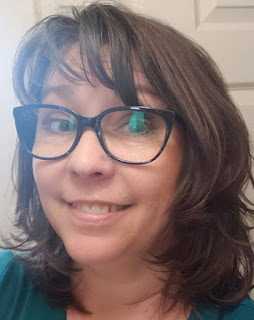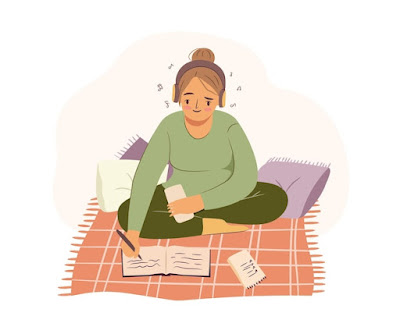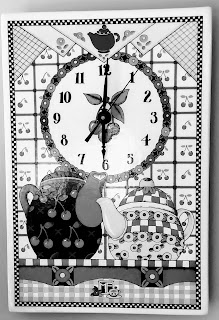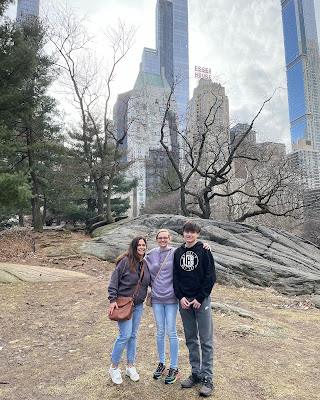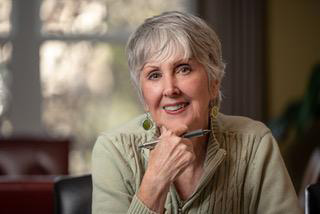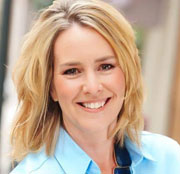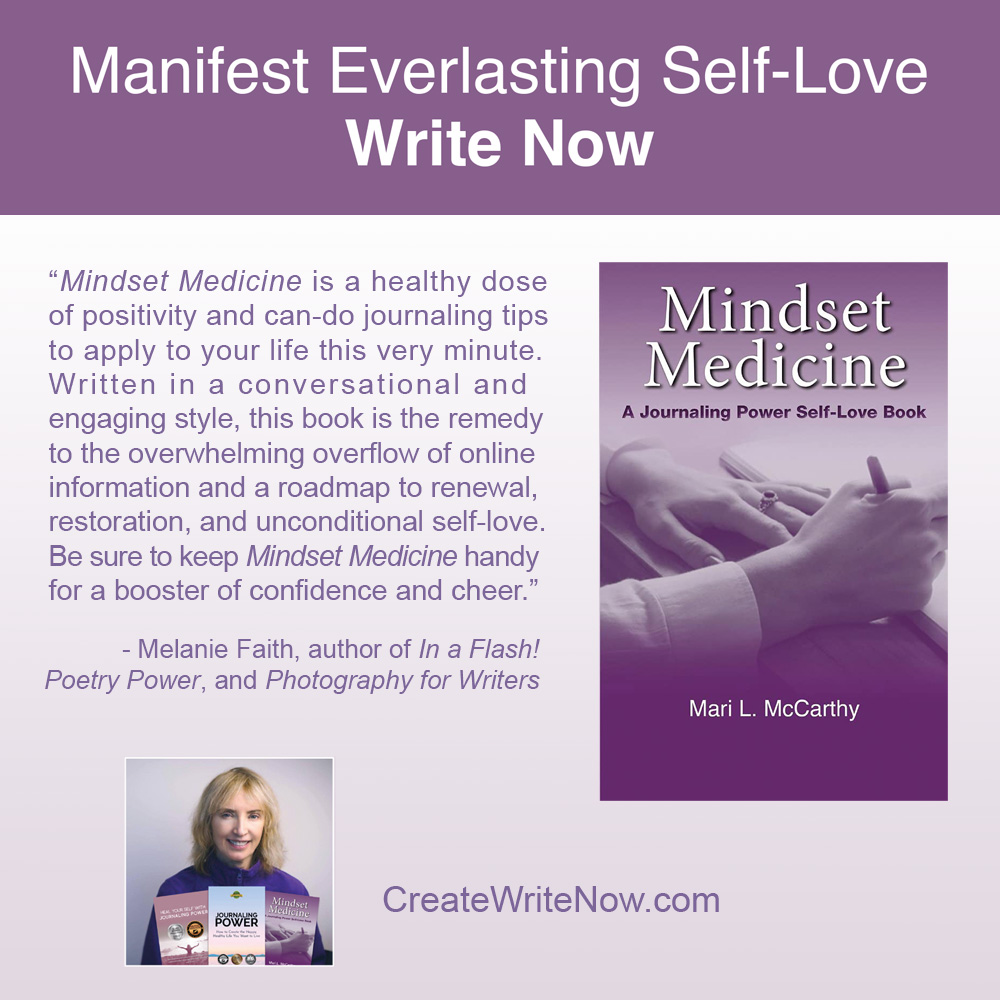The part of editing that I enjoyed most was working with authors and helping them strengthen their books. That’s actually only a small part of the job of being a senior editor, sadly. But as I left publishing, I wanted to be able to continue working with writers and to work with them in a deeper, more meaningful way, so I wouldn’t just be helping an author with one book, but I would be helping an author improve her skills and all her future writing.
As I started to think about how I could work with writers, I remembered my earlier experience earning my MFA in creative writing. I was the weird girl who wrote science fiction, fantasy, and horror, and none of the teachers in the program knew much about science fiction, fantasy, or horror. I thought how great it would be to have a program at an MFA level that focused on those genres, with teachers who were experts in those genres and believed in their value as art, and with students who all knew and loved those genres. Those were the thoughts that led me, in 1996, to create the Odyssey Writing Workshop, an advanced, intensive, six-week, in-person program held each summer in New Hampshire.
WOW: I love that you started a program based on your own experiences and need in an MFA! What is the Your Personal Odyssey workshop like and who is it for?
Jeanne: Let me first explain why I decided to transform Odyssey into this new program, Your Personal Odyssey Writing Workshop. Holding Odyssey online for the last two summers due to the pandemic revealed to me that a huge number of talented writers want an in-depth, challenging program to build their skills but can't attend a six-week, in-person workshop. More than that, the last 26 years have taught me that a six-week program is not the best format for all students. All writers do not write or learn at the same pace. While Odyssey students step up and make their deadlines, all-nighters don't always produce work that best reflects the student's progress. I've also learned the great value of one-on-one sessions with students to generate goals and plans, discuss concepts, suggest techniques, brainstorm solutions to story problems, answer questions, and get to know each student so I can do my best to help them move ahead in their writing journey. And I've learned that Odyssey's structure doesn't allow me enough time with each student to do all that.
All of this led me to create Your Personal Odyssey Writing Workshop. Your Personal Odyssey is a one-on-one, personalized, online program that combines the intensive, advanced Odyssey lectures with expert feedback and deep mentoring in an experience designed to maximize your learning and improvement.
For each writing topic, you watch the lecture recordings; do readings, writing exercises, and critiques; work with me to create and complete an individualized assignment; and write a story or novel excerpt. Penetrating, detailed feedback by myself and guest critiquers will be provided, and I'll work closely with you in mentoring sessions to provide guidance and to help you follow the unique path that is most helpful for you. You can study topics in whatever order you feel will be most helpful and can spend extra time on a topic and go deeper into the content to work on a particular problem area.
You can choose how long they want to complete Your Personal Odyssey. Those who want to fit their learning into six weeks can apply for the first session, starting June 6. Those who feel they could learn and improve more with an experience spread over more time can apply for the second session, starting August 8 and lasting three months; or the third session, starting November 14 and lasting six months.
The program includes great guest lectures by bestselling authors Brandon Sanderson, Meagan Spooner, and more, and guest critiques by award-winning authors R. F. Kuang, Elizabeth Hand, and more.
WOW: I love the in-depth teaching and mentoring this provides! Who would you say this program for?
Jeanne: If you want a program customized for you, that focuses on your writing strengths and weaknesses and what you want to achieve as a writer, this is it.
To succeed in Your Personal Odyssey, you need to be highly motivated, eager to try new writing tools and techniques, open to feedback, and willing to work intensely and move outside your comfort zone. You need to be ready to hear about the weaknesses in your writing and ready to work to overcome them.
If you are, then Your Personal Odyssey will teach you the skills you need to become the writer you want to be.
WOW: I think that must be the biggest hurdle: an eagerness to overcome your own weaknesses. So, what are some of the common problems you see in writers who join your workshop?
Jeanne: The biggest weakness of most writers is plot. Most developing writers don’t have their protagonist struggling to achieve a goal. The protagonist often starts the story by waking up, thinking about her life, and then going about her day. If things get worse for the protagonist, it’s often due to outside forces that act randomly on the protagonist rather than other characters doing something in response to the protagonist’s attempt to achieve a goal. That creates a weak protagonist and a weak causal chain, and it makes it difficult to create a powerful climax that feels both surprising and inevitable.
Another common problem is weak characters. Many characters feel inconsistent, or overly familiar, or are simply not very interesting. Usually authors imagine their characters are much richer and more developed than they are on the page. Or they provide extensive exposition—background information—about the character in the story, but that background is irrelevant to the story or never affects the character’s actions in the story. The character should be mainly defined by what they do in the story, not by their background. And we should feel that the character’s struggles really challenge the character, leading the character to change. Too many protagonists remain static, unchanging, which makes us feel like the events of the story didn’t matter much.
A related problem is excessive exposition. The writer has planned out an extensive background and history for the characters, some of the plot elements, and in the case of fantasy or science fiction, the world, along with its technology or magic. The writer often feels compelled to put all of this exposition into the story, often in large chunks we call infodumps. Usually, most of the exposition doesn’t need to be put in the story. The way to incorporate the pieces that are necessary is seldom to simply have the narrator explain them or the viewpoint character think about them. There are many techniques an author can use to convey exposition while moving the story ahead, so writers need to learn those.
WOW: I see a lot of my own weaknesses in this list! What are some of the transformations you've seen from people who have joined your workshops?
Jeanne: That’s one of the reasons I love working with writers and have devoted so much of my life to it. I love to see writers have those lightbulb moments, and it’s wonderful to read an author’s latest submission and see the breakthroughs they’ve made. Each writer comes with their own writing strengths and weaknesses, so all different kinds of improvements and transformations have happened at Odyssey. As I mentioned, many writers struggle with plot, so I see many students who start out writing stories with vivid descriptions and strong voices in which the protagonist wanders around and thinks a lot but doesn’t do much, and the situation doesn’t really change—or if it changes, it’s due to another character taking some action. By the end of the workshop, these students are writing protagonists who are struggling against obstacles to achieve goals, and those struggles lead to crisis points and turns, and through a strong causal chain the conflict escalates, leading to a surprising but inevitable climax. It’s wonderful to see!
One student, a fantasy writer, struggled to get emotion into his stories. His plots were strong and his characters were interesting, but he told his stories from such a distant point of view that it was hard for readers to feel much about what was happening. Once he understood the different ways in which he was making his point of view distant, the point of view started getting closer and closer. He started to describe settings, situations, and other characters the way the point of view character would experience them. And suddenly his stories became so much more involving and emotional!
One science fiction writer came to the workshop able to come up with innovative premises, create fascinating worlds, and build some nice rising action, but she was unable to make characters that felt well developed, believable, or compelling, and any attempts at a character arc felt forced. She tried in several submissions to use different techniques we discussed, but the characters still felt flat and unbelievable. But we kept talking these issues out in one-on-one meetings, discussing what her characters needed and how the characters in her previous stories could be improved, and in her final submission she had a great breakthrough, writing a story with an extremely engaging and compelling character who changed in a completely believable and tragic way. I was blinking back tears at the end of that story. All the techniques and elements we’d discussed had come together in the most beautiful way.
WOW: These transformations are inspiring! What would you say to a writer who is uncertain about taking an online writing course?
Jeanne: An online course is definitely different than an in-person course. If you’d like the group experience of an in-person class, there are many good programs you can seek out.
If you’re considering an online program, be aware that there are huge differences between online writing courses. Many of them simply provide video lectures and leave you to apply the content. A few provide feedback on a couple of your pieces in addition to providing lectures. I think many people find online courses not as helpful as they might be because simply learning concepts or techniques from a lecture doesn’t have much effect on someone’s writing. It’s the same as reading a book on writing. The content of that lecture or book goes into one part of your brain, the rational part, but your writing generally comes out of another part of your brain, the irrational, instinctive part. So one of the important tasks any writing program needs to accomplish is to help students make connections between these two parts of the brain, so the concepts learned in lecture actually become incorporated into the writing process. That only happens through extensive practice of the techniques, both in writing exercises and in writing stories or novel excerpts, and receiving in-depth feedback on a series of pieces that lets you know how you’re doing. Most online courses don’t do that. Maximizing your progress also involves addressing your personal needs, which most online courses don’t do.
Your Personal Odyssey Writing Workshop is held online, but it’s a unique program unlike any other online program. You’ll not only do that extensive deep practice and receive expert feedback, but you’ll also have extensive one-on-one deep mentoring sessions to help you overcome your personal writing weaknesses, struggles, and challenges. Maybe a helpful way to think about it is you're going into the wilderness to discover your writing powers with wizard mentors teaching you and guiding you along the way.
Online classes definitely pose several challenges, such as working out of your home with whatever distractions are there, and working independently. If you aren’t able to carve out significant hours to work, and if you aren’t able to motivate yourself to put in the work, then it will be hard to get much out of an online program. But those are also skills you need to be a writer, so developing those can also help you in your writing career.
WOW: Your workshop sounds incredible! Thank you so much for interviewing with us today. Writers, if you want to sign up for Your Personal Odyssey Writing Workshop, be sure to sign up today. You have until April 1st to apply! 


